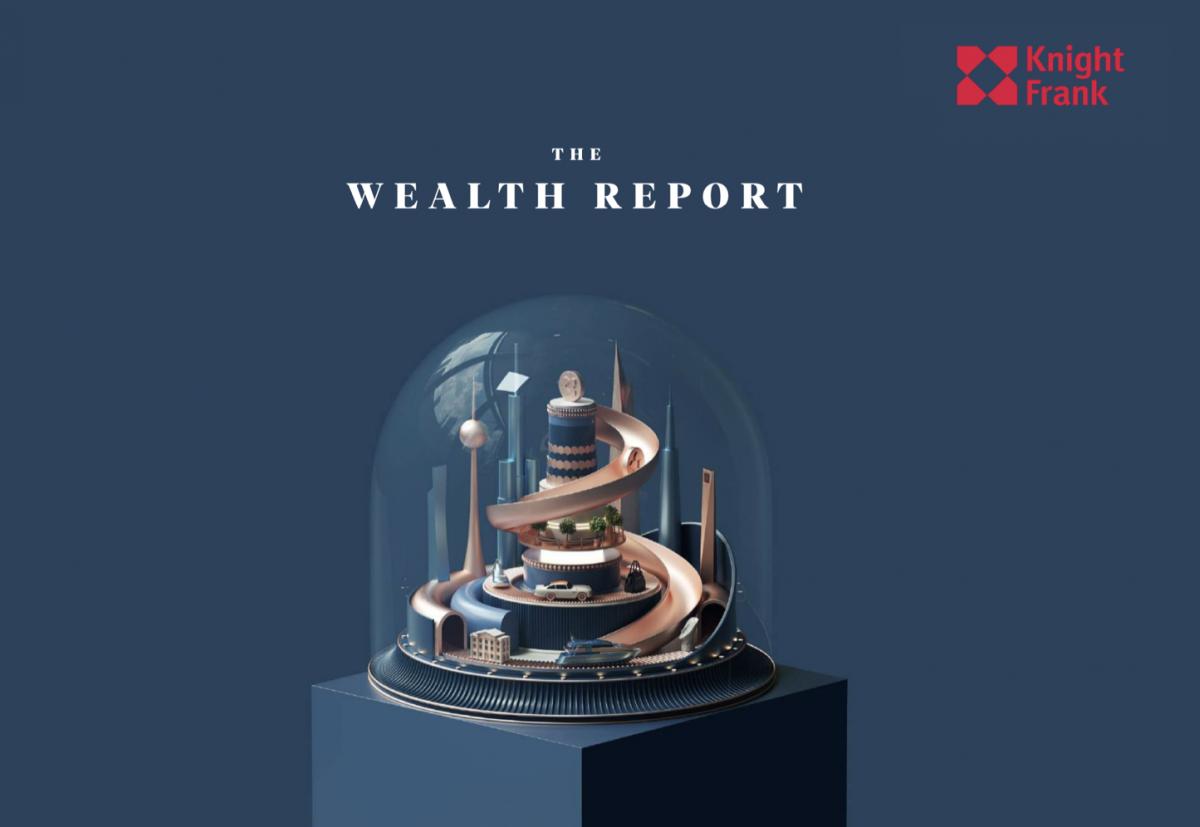Knight Frank - 'a quarter of UHNWIs plan to invest in commercial real estate in 2021'
Private capital was undeterred by the Covid-19 pandemic and continued to invest in commercial real estate during 2020. While the volume of private capital was down on 2019, a provisional total of US$232 billion was invested – 9% above the ten-year average. We expect this to rise further once all deals are accounted for.

According to the Knight Frank Attitudes Survey, a quarter of UHNWIs plan to invest in commercial real estate in 2021. Below are five key drivers – they anticipate will shape markets throughout the year.
Safe havens
Large, relatively liquid, transparent markets with a favourable legal system should continue to attract global private capital. Europe remained a relative safe haven over 2020 and we forecast countries such as Germany and the UK to be key recipients of real estate investment in 2021. Elsewhere, locations such as South Korea, which benefited from double-digit stock market gains last year and where workplace mobility is back to pre- pandemic levels, saw an increase in real estate investment by private investors. They expect this to continue this year.
Near neighbours
Global travel disruptions provide opportunities for private investors to access more local markets. This includes locations that in normal circumstances would potentially be targeted by more international, institutional, capital and therefore face larger competition for assets. Private investors may benefit from enhanced local understanding and ties to these countries. We forecast this intra-regional, near-neighbour investing to be most significant within Europe and range from the Nordics to areas within eastern Europe, where logistics trading routes continue to develop.
Environmental sustainability
With US$138 trillion of assets globally now managed by financial firms signed up to voluntary climate change financial disclosures under the framework created by the Task Force on Climate-related Financial Disclosures, private investors cannot afford to ignore the growing mandate for green assets, including green real estate.
As corporates increasingly incorporate environmental, social and governance (ESG) principles into their ethos, and look to locate in buildings that reflect this, sustainable buildings are likely to help attract and retain tenants. In addition, investing in real estate which is, or has the potential to be made, sustainable, could help private investors secure financing more easily against these assets.
The need for good governance
While environmental considerations are seeing seismic growth in demand, the “G” in ESG is also important for private investors. Governance incorporates the checks and balances in place to make decisions and includes such factors as diversity of decision-making. The ability to make good decisions is vital in times of stress, such as the global pandemic. In their Active Capital research, they compared governance scores for global listed retailers and found that higher scores correlated with higher average profitability and return on equity. This suggests that considering governance could be a supplementary way of considering tenant covenants, something that is of increasing importance in current conditions.
The rise of data centres
Almost all of us were increasingly incorporating data into our lives, even before the pandemic accelerated the trend. Video conferencing, remote file access, digital content and social media platforms, online shopping, the growth of artificial intelligence and big data in the corporate world are all driving demand for data centres and feeding into investment opportunities globally. While still a relatively nascent sector and one that presents a unique set of challenges, from power and security to aligning with ESG targets, there are significant opportunities, from the development stage right the way through to operational platforms.